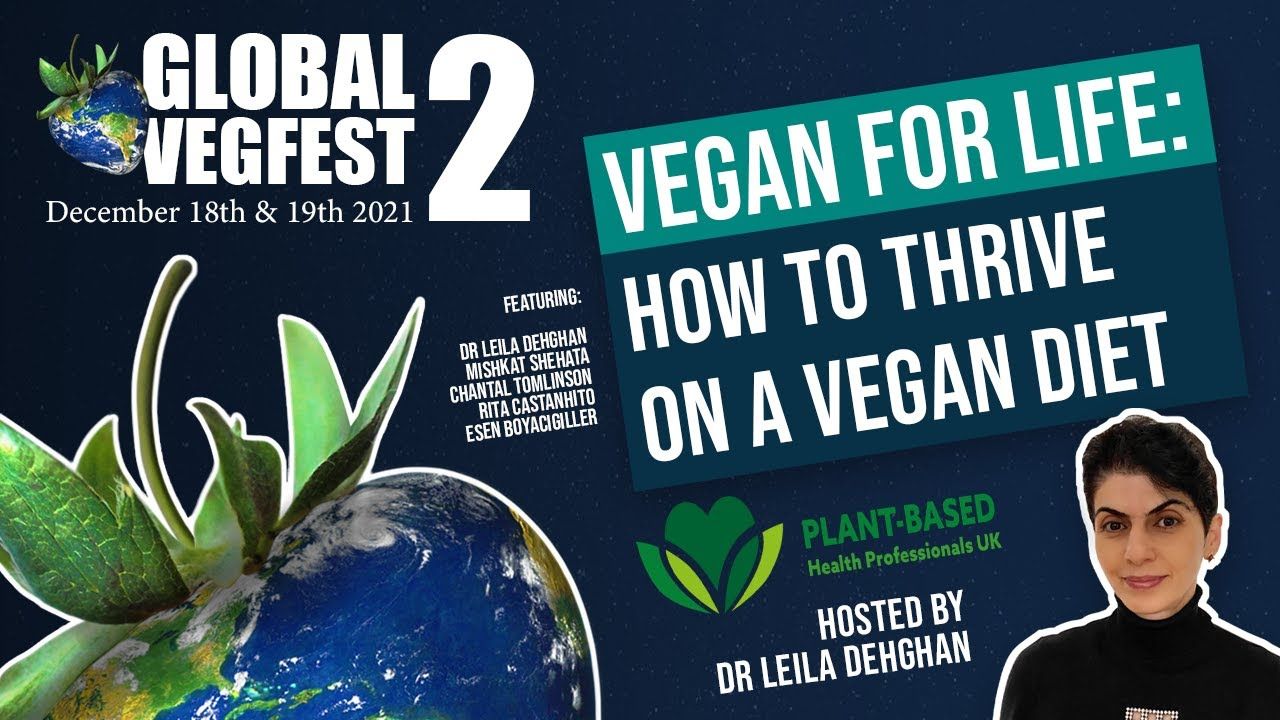
Iron is important” width=”686″ height=”386″>
As the popularity of veganism continues to rise, more and more people are choosing to adopt a plant-based diet for a variety of reasons, from ethical concerns to health benefits. However, making the switch to a vegan diet can be daunting, especially for those who are new to it. But fear not, with the right knowledge and approach, thriving on a vegan diet is not only possible but also incredibly rewarding.
Understanding the Basics
Before diving into the world of veganism, it’s important to understand the basics of what a vegan diet entails. A vegan diet excludes all animal products, including meat, dairy, eggs, and honey. Instead, it focuses on plant-based foods such as fruits, vegetables, whole grains, nuts, seeds, and legumes. By embracing a wide variety of plant-based foods, vegans can easily meet their nutritional needs while enjoying delicious and satisfying meals.
Getting Essential Nutrients
One of the biggest concerns for those considering a vegan diet is whether they will be able to get all the essential nutrients their body needs. The good news is that with a well-planned vegan diet, it is entirely possible to meet all your nutritional requirements. Here are some key nutrients to pay attention to:
Protein
Contrary to popular belief, it is easy to get an adequate amount of protein on a vegan diet. Plant-based sources of protein include beans, lentils, tofu, tempeh, quinoa, nuts, and seeds. By incorporating a variety of these foods into your meals, you can easily meet your protein needs.
Vitamin B12
Vitamin B12 is essential for nerve function and the production of red blood cells. Since this vitamin is primarily found in animal products, vegans should consider taking a B12 supplement to ensure they are meeting their daily requirements.
Iron
Iron is important for carrying oxygen in the blood and preventing anemia. Plant-based sources of iron include lentils, beans, tofu, spinach, and fortified cereals. To enhance iron absorption, it’s best to consume iron-rich foods with vitamin C-rich foods, such as citrus fruits.
Meal Planning and Recipe Ideas
One of the keys to thriving on a vegan diet is proper meal planning. By taking the time to plan out your meals and snacks, you can ensure that you are getting a balanced diet that meets all your nutritional needs. Here are some tips for successful meal planning:
Stock up on Staples
Keep your pantry stocked with essentials such as whole grains, legumes, nuts, and seeds. These ingredients form the foundation of a vegan diet and can be used to create a wide variety of delicious meals.
Experiment with New Foods
Don’t be afraid to try new fruits, vegetables, grains, and plant-based proteins. Experimenting with different ingredients can help keep your meals exciting and varied.
Plan Ahead
Take some time each week to plan out your meals and snacks. This can help you stay on track with your vegan diet and prevent last-minute decisions that may not be as nutritious.
Benefits of a Vegan Diet
There are numerous benefits to adopting a vegan diet, both for your health and the environment. Some of the key benefits include:
Improved Heart Health
Studies have shown that a vegan diet can lower the risk of heart disease by reducing cholesterol levels and blood pressure. By focusing on plant-based foods, vegans can improve their heart health and reduce the risk of cardiovascular disease.
Weight Management
Many people find that they naturally lose weight on a vegan diet, as it is often lower in calories and saturated fats than a typical omnivorous diet. By choosing whole, plant-based foods, vegans can maintain a healthy weight and promote overall well-being.
Ethical Considerations
For many people, the decision to go vegan is driven by ethical concerns about animal welfare and environmental sustainability. By choosing to consume only plant-based foods, vegans can reduce their impact on the environment and support more humane treatment of animals.
Final Thoughts
Thriving on a vegan diet is not only possible but also incredibly beneficial for both your health and the planet. By understanding the basics of a vegan diet, getting essential nutrients, planning out your meals, and enjoying the many benefits of veganism, you can embark on a journey towards a healthier, more sustainable lifestyle.